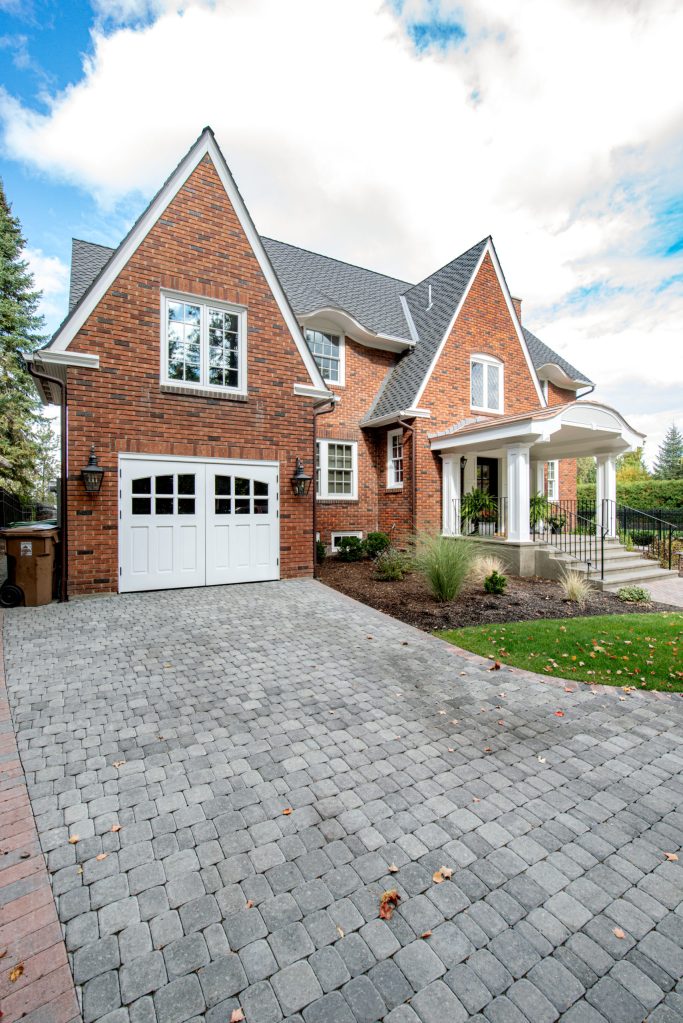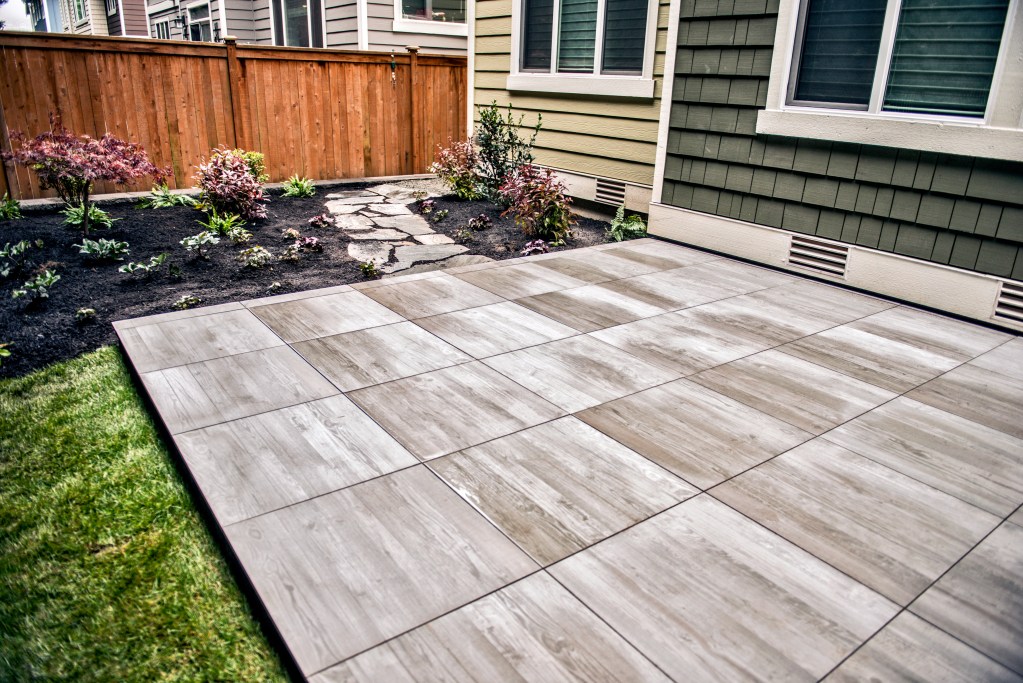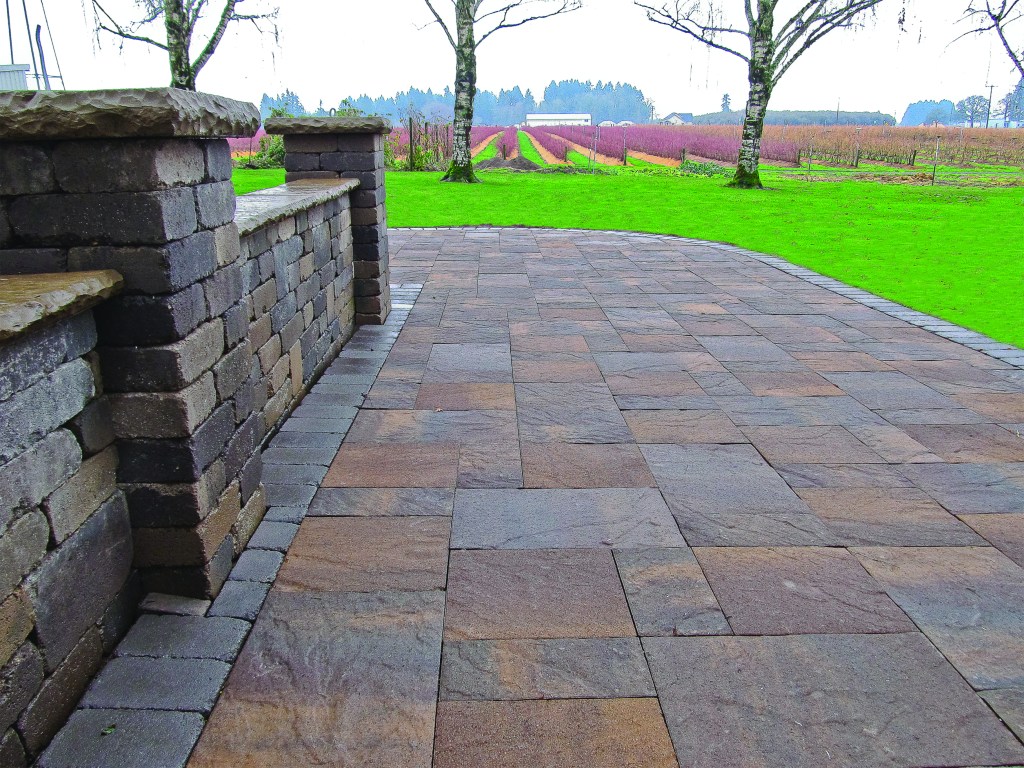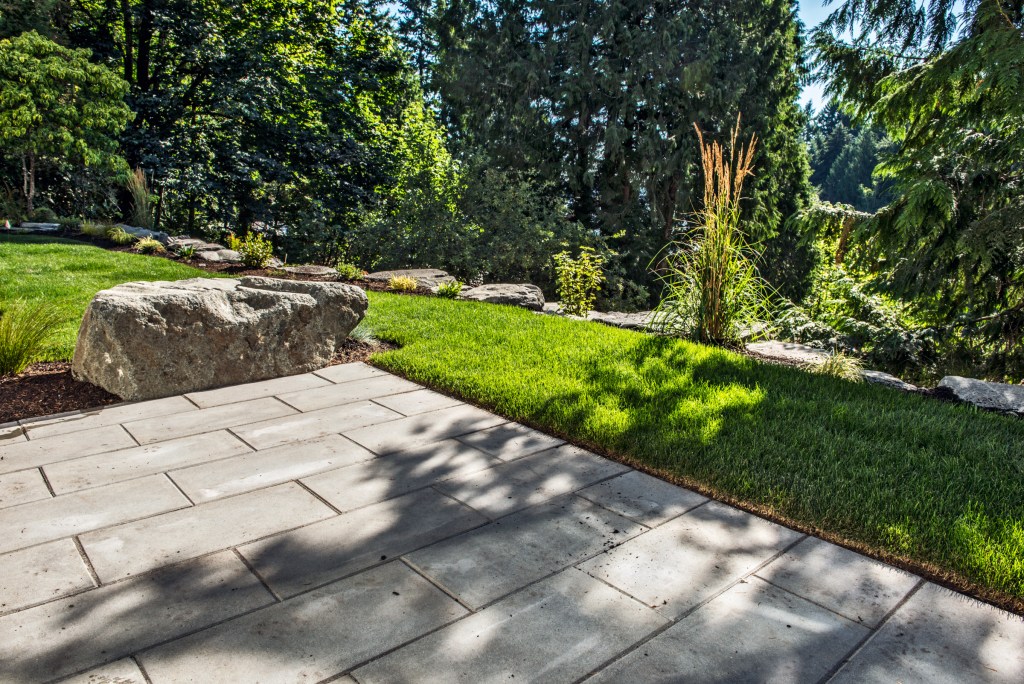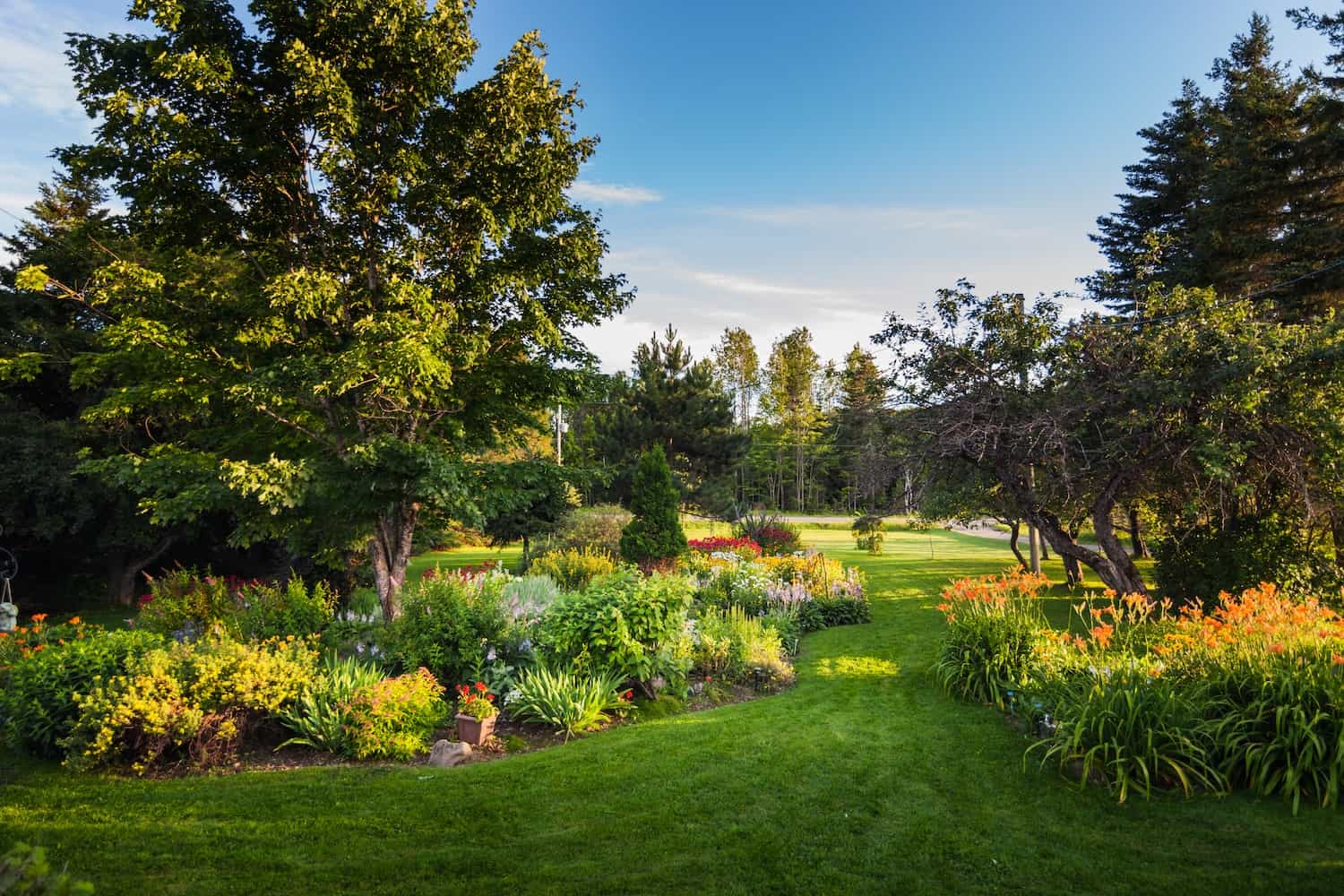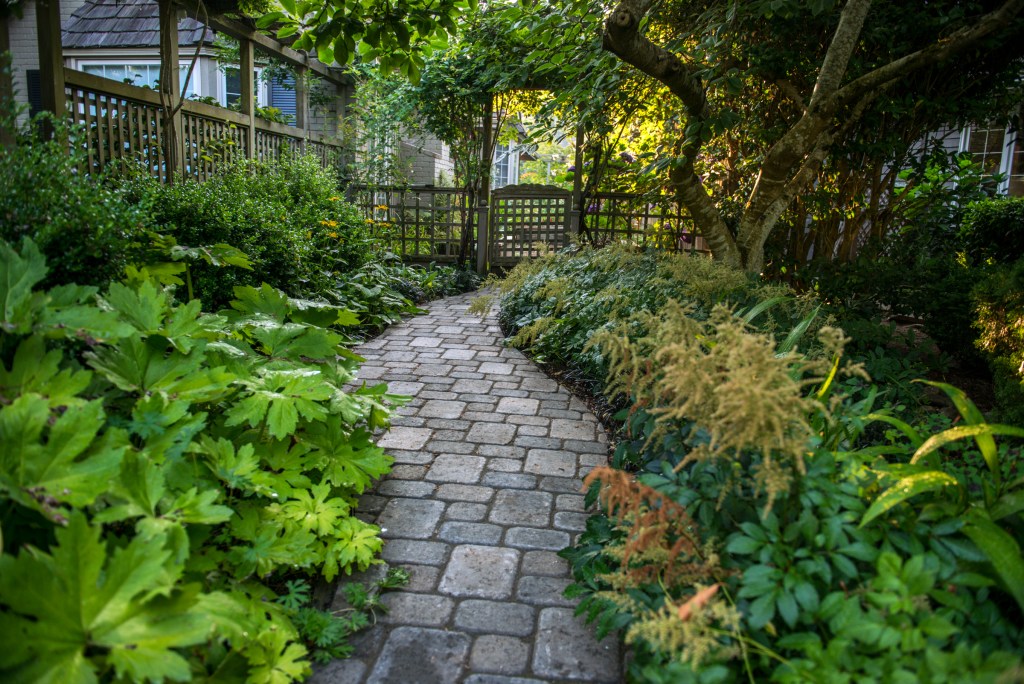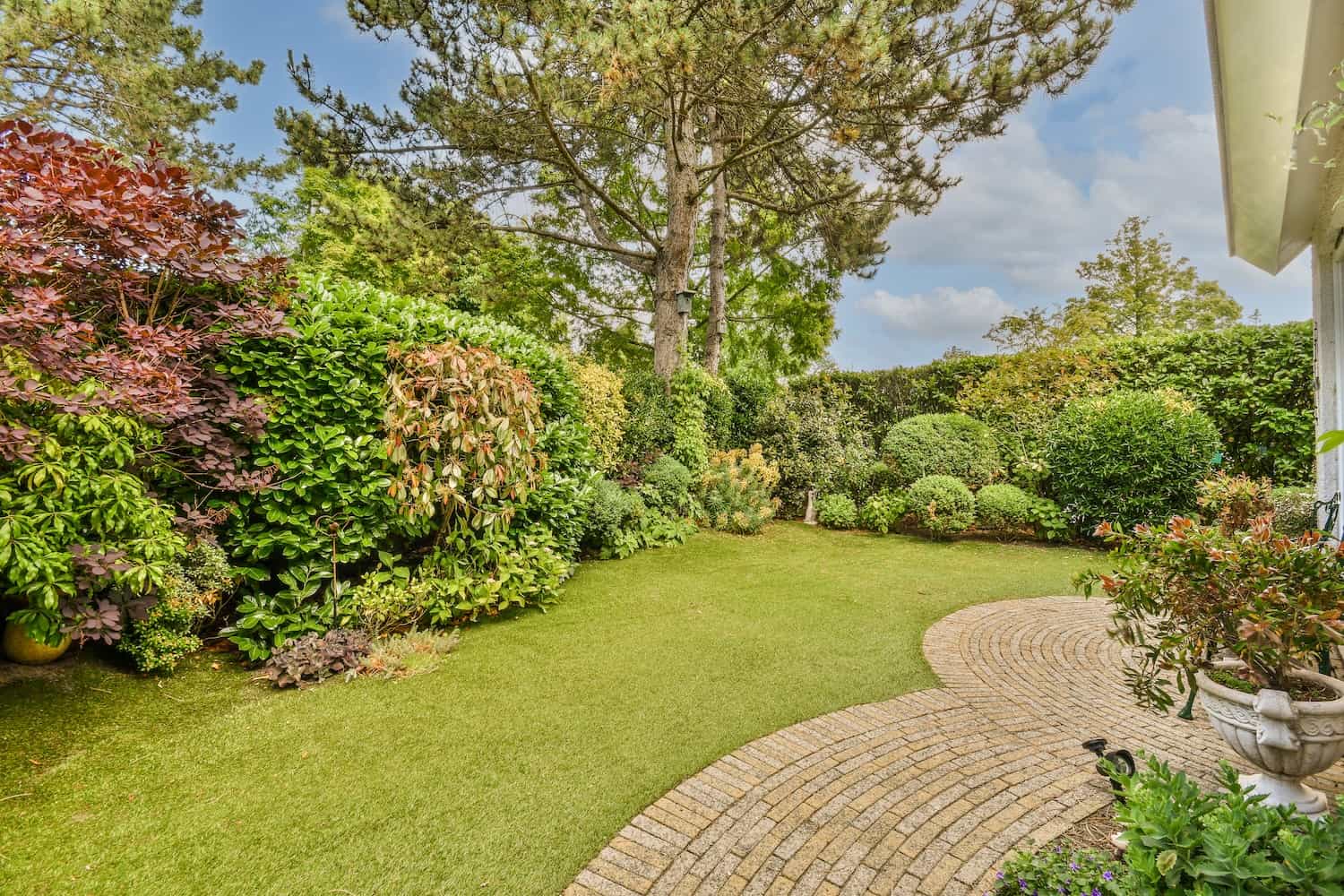Top Tips for Outdoor Lighting Installation in Seattle
As a Seattle homeowner, you understand the importance of outdoor lighting in enhancing your property’s curb appeal, safety, and functionality. Whether you’re illuminating pathways, highlighting architectural features, or creating a warm atmosphere for outdoor entertaining, proper outdoor lighting installation can transform your property. Here are the top tips for installing outdoor lighting and the benefits of hiring a contractor to ensure it’s done right.
Top Tips for Outdoor Lighting Installation
1. Assess Your Property
Take a walk through your property at night to assess which areas need lighting. Focus on pathways, entryways, steps, and any dark spots that could benefit from added illumination. This also helps you identify which features you want to highlight, such as trees, statues, or architectural elements.
2. Choose the Right Fixtures
Select lighting fixtures that complement your property’s style and fulfill your lighting needs. Pathway lights, spotlights, and floodlights are common choices, but ensure you choose the appropriate style for each area. For instance, soft, low-profile lighting is perfect for pathways, while floodlights work well for larger areas like driveways.
3. Consider Energy Efficiency
Opt for LED or solar-powered lights to reduce energy consumption. LED lights are not only energy-efficient but also long-lasting, while solar-powered lights help you save on electricity bills. In Seattle, where energy efficiency is a priority, these options are ideal for minimizing your carbon footprint and reducing utility costs.
4. Plan for Drainage
Ensure proper drainage to prevent water from collecting around your lighting system. Seattle’s wet weather can lead to moisture buildup, so it’s essential to install your lighting in well-drained areas to prevent damage to electrical connections and fixtures.
5. Test and Adjust
Once your system is installed, test it and make any necessary adjustments. Ensure that all lights are positioned correctly, and that the brightness and spread are ideal for your desired effect. Testing helps you avoid over-lighting or under-lighting, ensuring that your outdoor space is beautifully illuminated.
The Process of Outdoor Lighting Installation
1. Design and Planning
A professional contractor will work with you to create a custom lighting design tailored to your property’s specific needs. This includes identifying key lighting areas, choosing appropriate fixtures, and ensuring the system meets your aesthetic and functional requirements.
2. Material Selection
The contractor will select high-quality fixtures and materials that are suitable for Seattle’s climate, ensuring durability and long-term performance. Weather-resistant fixtures are essential in this region due to the frequent rain and moisture.
3. Installation
The contractor will install your lighting system, ensuring proper placement, wiring, and connections. Professional installation ensures safety and optimal performance. The system will be set up to function efficiently while meeting your design specifications.
4. Testing and Adjustment
After installation, the contractor will test the system to ensure that everything is working properly. They will make adjustments as necessary, fine-tuning the placement and brightness of lights to achieve the perfect effect.
5. Maintenance and Repair
A professional contractor will provide guidance on maintaining your lighting system, offering tips for cleaning, checking for damage, and ensuring long-lasting performance. They may also provide repair services should any issues arise with the system in the future.
Benefits of Hiring a Contractor
Safety
Outdoor lighting installation involves electrical work that should be handled by a professional. A contractor has the necessary training and equipment to ensure the installation is safe, reducing the risk of electrical hazards.
Expertise
Contractors bring extensive knowledge of outdoor lighting design and installation. They understand how to create the best lighting effects while considering factors such as positioning, brightness, and weather conditions.
Time-Saving
Hiring a contractor saves you time and effort. While you focus on other important tasks, the contractor will handle all aspects of the lighting installation, from design to execution.
Warranty
Reputable contractors offer warranties on their work, giving you peace of mind that any issues will be addressed promptly.
Increased Property Value
Proper outdoor lighting enhances the appearance of your property, making it more attractive and functional. This can significantly increase the value of your home, making it a smart investment.
Seattle-Specific Considerations
Weather Resistance
Given Seattle’s rainy and sometimes windy climate, it’s crucial to choose fixtures that are weather-resistant. Contractors know which materials are best suited to withstand Seattle’s outdoor conditions, ensuring longevity and performance.
Energy Efficiency
Seattle homeowners value energy-efficient solutions. By opting for LED or solar-powered lights, you’ll not only reduce your carbon footprint but also save on utility bills, which is an important consideration in a city focused on sustainability.
Outdoor Entertaining
If you enjoy outdoor living, consider installing lighting that enhances your outdoor entertainment areas. Deck lighting, accent lighting around fire pits, or string lights can create a welcoming ambiance for guests while extending the usability of your outdoor spaces into the evening.
By following these top tips and hiring a professional contractor, you’ll enjoy a beautifully lit and safe outdoor space that enhances your Seattle property’s beauty and functionality. Professional installation ensures that your lighting system is set up correctly, providing you with both aesthetic appeal and long-term reliability.







